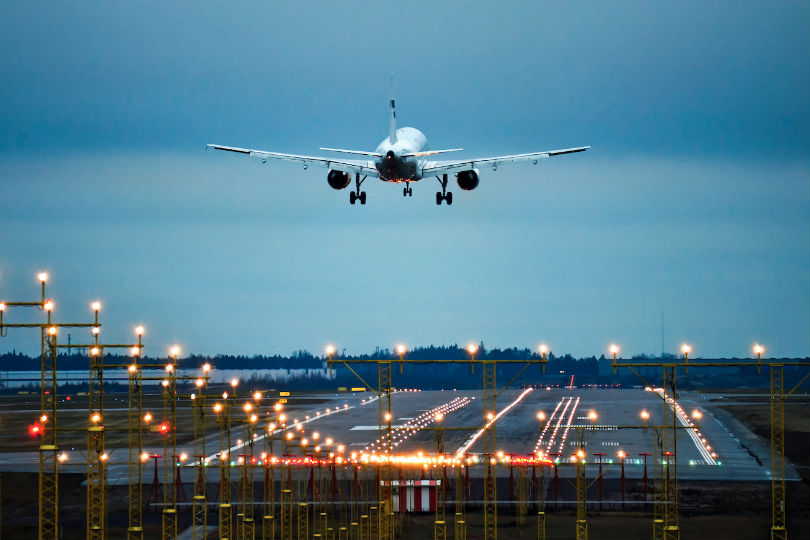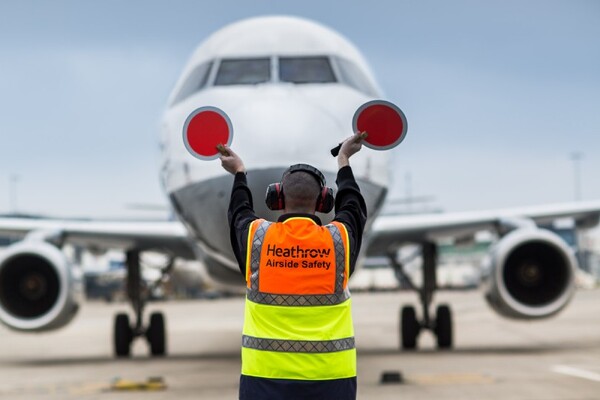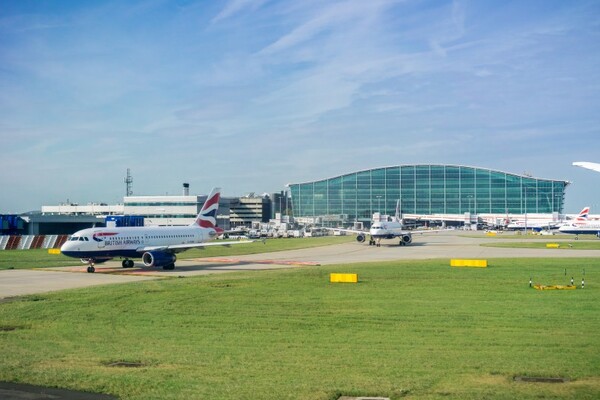Aviation sector welcomes domestic APD review
 James Chapple
James ChappleBritain’s aviation sector has welcomed a fresh government consultation on rates of Air Passenger Duty (APD) charged on domestic flights.
Wider proposals to improve regional connectivity across the UK were set out by prime minister Boris Johnson on Wednesday (10 March).
An interim "union connectivity review", led by former Network Rail chair Sir Peter Hendy, highlighted a review of domestic APD as being one key area of interest to stakeholders.
APD is charged on flights originating from the UK, hence return domestic flights are subject to APD on both the outbound and inbound leg of people’s journeys. The rate will rise to £26 per return flight next month.
Johnson said the consultation would seek to ensure better regional connectivity as the UK builds back from the Covid crisis, and as part of the government’s "levelling up" agenda.
"The government will also consult on cutting Air Passenger Duty on internal UK flights," said the Department for Transport (DfT).
The consultation is expected to get under way in the spring; options, said the DfT, will include reintroducing a return leg exemption, or creating a new lower domestic rate.
Charging APD on just one leg of the journey would effectively halve the tax. Reports in the national press suggest a lower rate of £7 per journey leg would be another way of almost halving the tax.
The government will also at the viability of increasing the number of international distance bands for APD, and further efforts to decarbonise domestic aviation – potentially through mandating the use of sustainable aviation fuels.
Johnson said he wanted to cut passenger duty on domestic flights to "support connectivity across the country".
Tim Alderslade, chief executive of Airlines UK, the trade body representing UK-registered carriers, said: "This is really positive news that will help support regional connectivity, level up the UK, and provide a welcome measure of relief to domestic carriers facing an existential threat from the impacts of Covid.
"It will help to sustain current domestic connections - including into Heathrow, our national hub, as well as all the regions of the UK - which is essential to achieving economic growth and supporting the government’s global Britain agenda.
"We look forward to working further with the Hendy Review and Ministers and would urge as much speed as possible in the consultation process.”
Karen Dee, chief executive of the Airport Operators Association, added: "The recognition of the detrimental impact of Air Passenger Duty and a commitment to review domestic APD to reduce its impact is very welcome. Domestic aviation suffered a double-hit in the last year, with the collapse of Flybe and the Covid-19 pandemic, and this offers a glimmer of hope for the future.
"APD is one of the key levers the government has to boost connectivity recovery, but APD reform must be part of a holistic approach. This could include measures such as a regional connectivity start-up fund, Public Service Obligation routes, or waiving of airport charges for key routes as is happening in the Republic of Ireland."
The TSSA union, though, said cutting APD would "fly in the face" of the government’s climate commitments.
“If Boris Johnson wants to be taken seriously at COP26 [the upcoming United Nations Climate Change Conference] then his government needs to invest in truly green public transport, in particular rail which is the most effective intercity connection taking people to the heart of our towns and cities," said general secretary Manuel Cortes.
Sign up for weekday travel news and analysis straight to your inbox

James Chapple
Supplier Directory
Find contacts for 260+ travel suppliers. Type name, company or destination.













